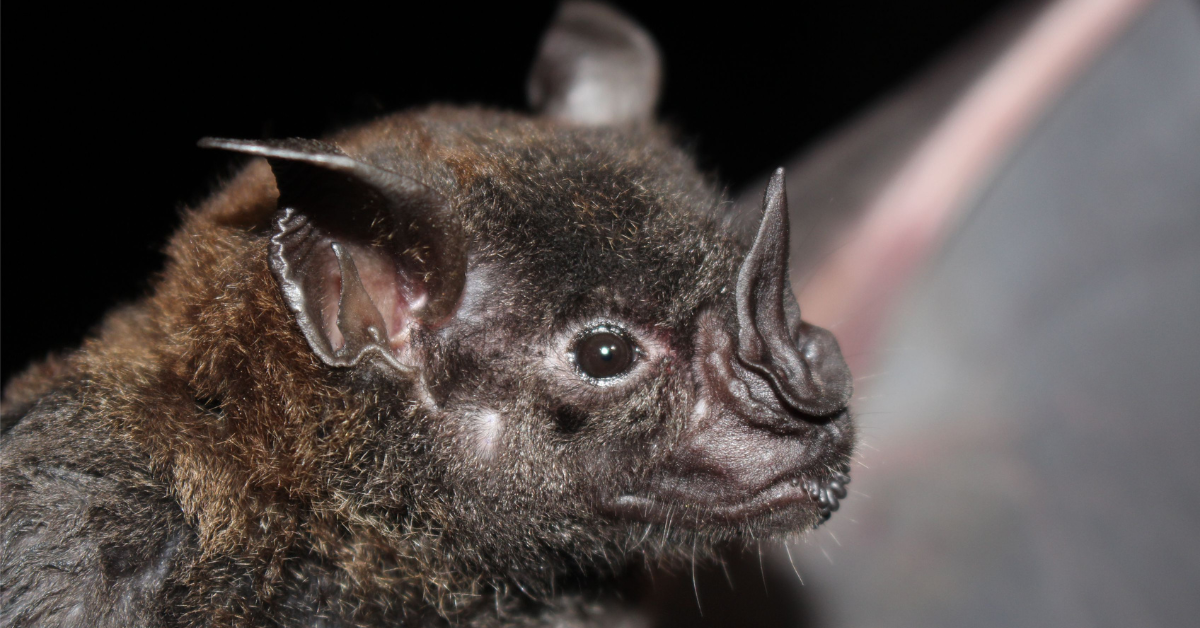
Bats are unique creatures that have the remarkable ability to navigate and hunt in complete darkness using a technique called echolocation. Echolocation is a biological sonar system that allows bats to perceive the world around them by emitting high-frequency sounds and listening to the echoes that bounce back. Echolocation is a process that involves the emission of high-frequency sounds, which are then bounced back to the bat’s ears as echoes.








